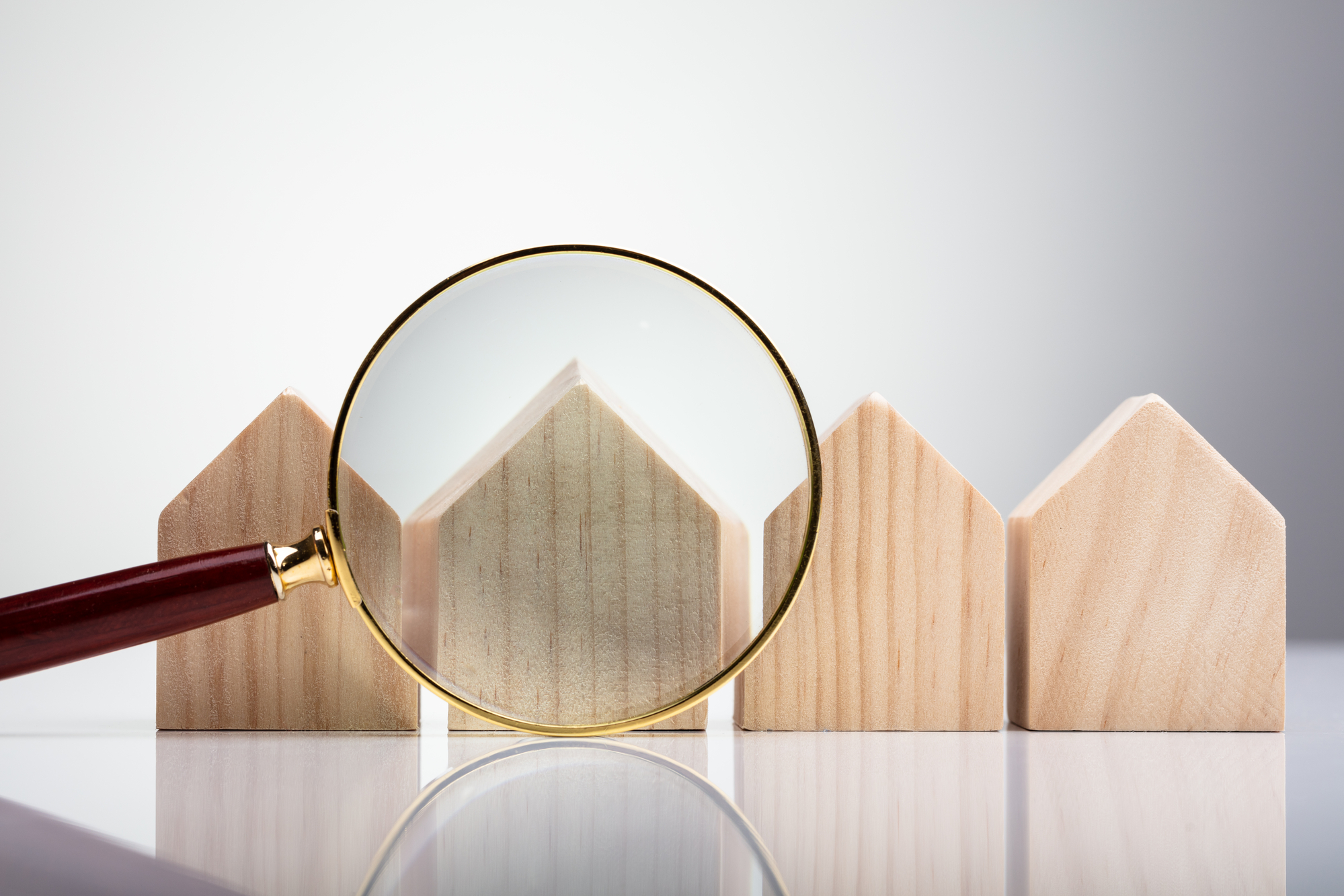
A large percentage of homes in the Metro Atlanta area are part of a homeowner’s association – commonly referred to as an HOA. Homeowner’s associations are the governing bodies of residential communities such as gated neighborhoods, apartment complexes, or condo buildings. The HOA is responsible for maintaining common areas, the community swimming pool, and the surrounding landscaping and lighting.
The HOA is funded by residents and operated by a board of directors who organize meetings, manage the budget, and enforce the community’s policies and regulations. HOA members pay mandatory dues on a regular basis; the exact amount varies based on need and the number of residents. Dues may be used for community amenities, landscaping, pest control, homeowner’s insurance, maintenance/repairs, and the project reserve fund.
Unpaid HOA Fees
When someone purchases a home within a HOA and signs the closing paperwork, they are making a promise to adhere to the HOA’s rules and to pay the HOA fees. If the resident doesn’t pay their HOA dues, the HOA board can take significant measures.
Depending on where the person lives, the HOA will likely send the resident a written notice after the first missed payment. After that, the late charges start to accrue, and the HOA can restrict the homeowner’s access to common areas and amenities (ex: pool, gym, tennis or basketball court). The HOA might hire a collection agency to obtain any delinquent fees – which could lead to additional phone calls and letters. In Georgia, if a resident owes more than $2,000 in unpaid HOA fees, the HOA can get a lien on that resident’s house and file for foreclosure. The HOA has the right to file a lawsuit for the unpaid dues, plus any interest.
Financial Hardships
The ongoing health crisis has caused major financial problems for many Georgia residents. People have lost their jobs, their salaries have been significantly reduced, or they may have gotten sick and have been unable to work. So, what happens if you’re suffering a financial hardship and cannot afford to pay your HOA dues? There are a few solutions available.
- Talk to your HOA board. The very first step is to communicate with your HOA board. Let them know what is going on, and keep them posted with any financial updates. There’s a big difference between not paying your HOA dues because of a coronavirus-related complication, and not paying your HOA dues because of a personal conflict or a budgeting issue. HOA boards will be more sympathetic and likely to work with you if they know what’s going on.
- Make sure your HOA dues have not changed. With the changes in health and social distancing guidelines, some HOA boards have been forced to close community amenities such as the neighborhood pool, gym, or other shared spaces. As a result, the amount of the HOA dues may temporarily have changed. The HOA still has to pay for basic maintenance – so the fees won’t totally go away – but they may have decreased over the last several months.
- Ask the HOA to waive late fees. While it’s only a temporary solution, the HOA board may be able to waive late fees or penalties for the homeowners who let them know about their financial hardships. Late fees are not out-of-pocket expenses, so it shouldn’t have much impact on the HOA budget. Many HOA boards across the country are currently waiving fees and penalties for a 60-day period, as long as the homeowner takes reasonable measures to repay the HOA dues.
- Work out a payment plan. With so many people losing their jobs because of the current health crisis, HOA boards are not being as aggressive with their dues collection practices. Many boards are even trying to make it more manageable for the residents by offering a dues payment plan. These plans allow homeowners who are facing financial hardships to pay dues in full, but over a longer time period and without the burden of late payment penalties.
- Ask for a delay in foreclosure. Under Georgia law, if a homeowner is significantly late on their HOA dues, the HOA board can foreclose on the home. It’s an extreme circumstance, but it does happen. Homeowners who are facing overdue payments because of a financial hardship can ask their HOA to consider delaying foreclosure during the pandemic. This will give the homeowner more time to address the problem and hopefully improve their financial situation.
While HOA boards are reviewing debt collection issues on a case-by-case basis, if someone is legitimately past due because the current health crisis, the boards will try to work out a reasonable solution. They are more willing than not to offer some sort of reprieve.
Have Additional Questions? Contact Brian M. Douglas & Associates
If you, or someone you know, is facing a legal dispute related to a homeowner’s association, please contact the experienced real estate attorneys at Brian M. Douglas & Associates. We serve the entire Atlanta area. You can reach us by calling (770) 933-9009 or by visiting our website.

